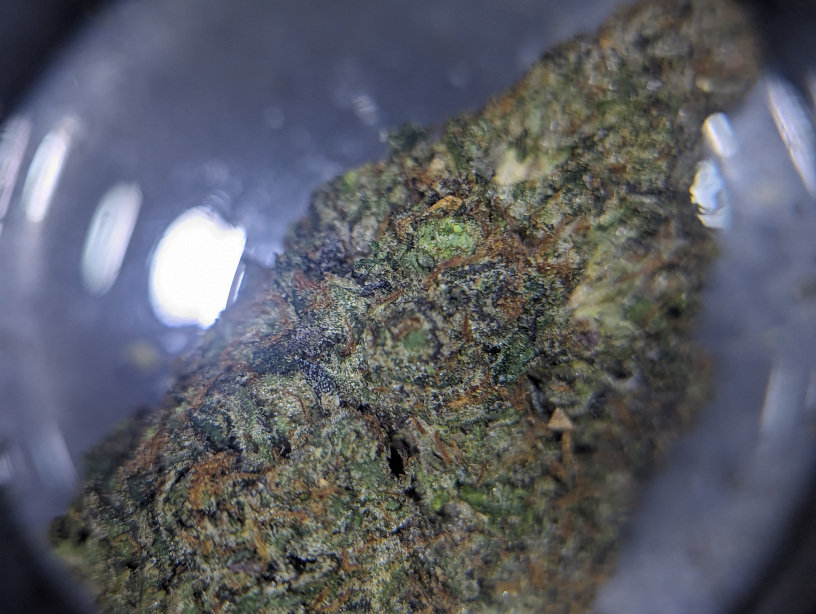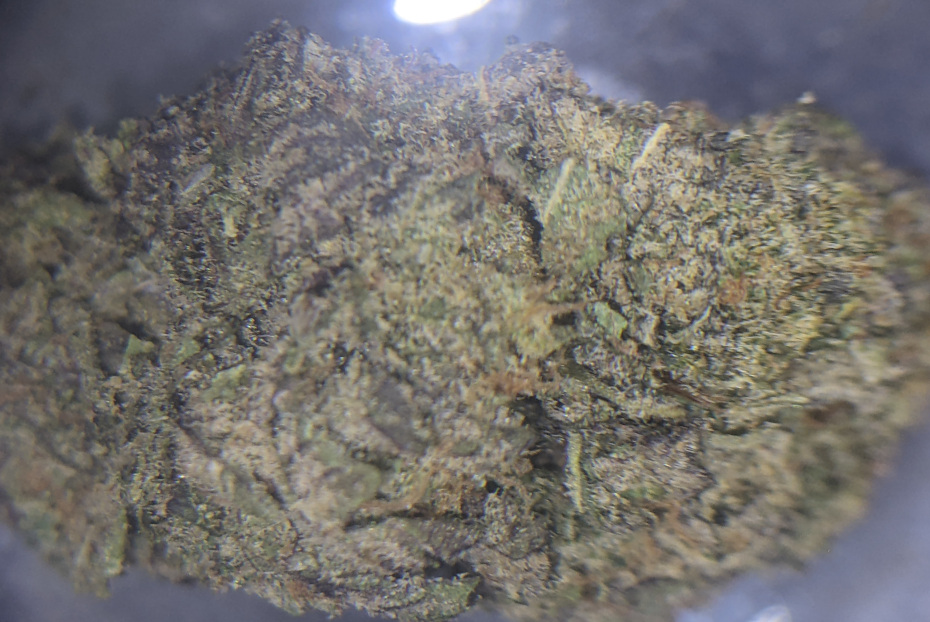Current Specials
Every strain・Every day $10/g
Minimum 8 grams ($60 total):
If you get 8 grams or more, you pay just $7.50 per gram!
Feel free to even mix and match flavors.
Daily Special Save $
Hey all, here’s what we could find today:
All day Friday:
5 gram Friday! Grab an 1/8th of flower at normal menu price and it will be weighed out to 5 grams
Announcements
We will be closed Tuesday Oct 15
My friend Gary past & we will be at the funeral & life celebration
Gummies have arrived
Who doesn’t love gummy candies, right? We’ve procured some excellent gummies for you. They range from 150 mg THC all the way up to 1500 mg THC. We even have access to sugar-free in case you need to limit your sugars while enjoying the gummy products.
In pain but can’t smoke? Try the 350mg CBD/THC mix gummies. They’ll knock out the pain even if your lung capacity has gone to nothing.
Give us a shout. Check out the new product. We think you’ll be happy you did.
Newest Finds

Permanent Marker

Purple Marathon

Platinum Bubba Kush
